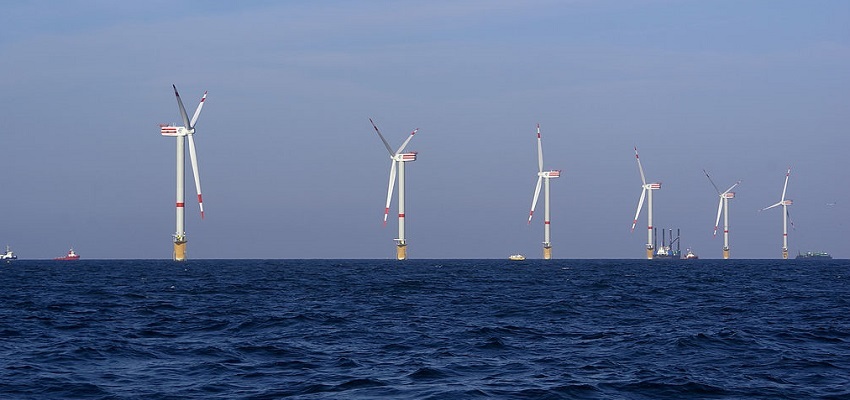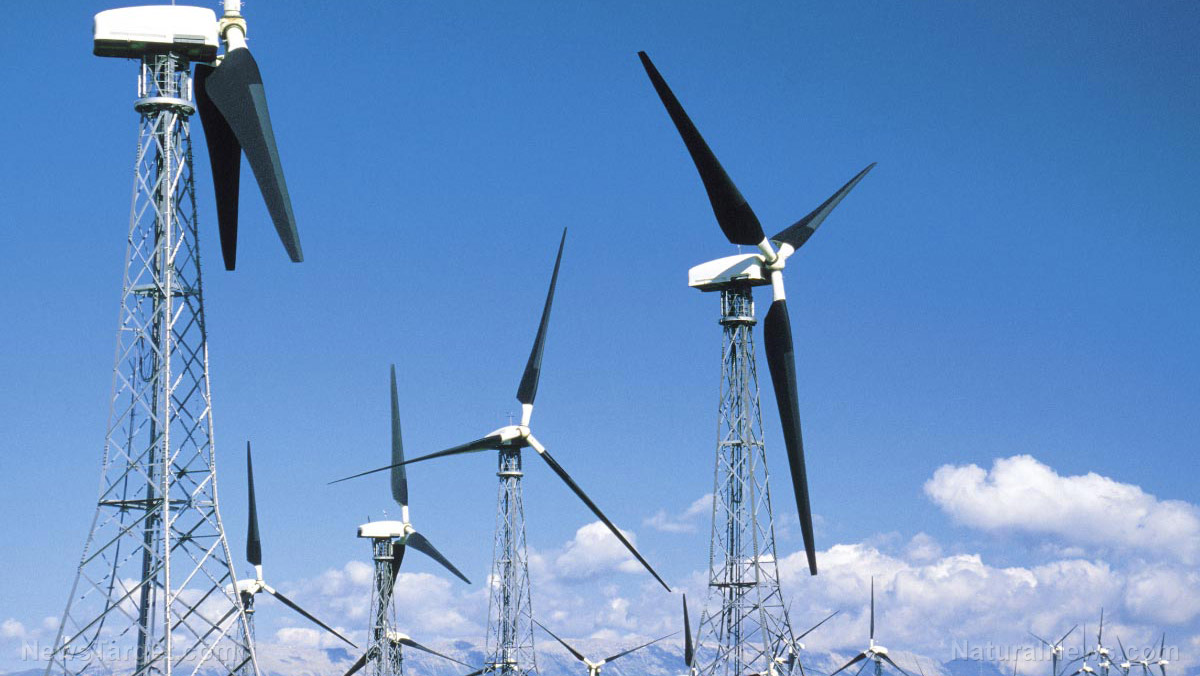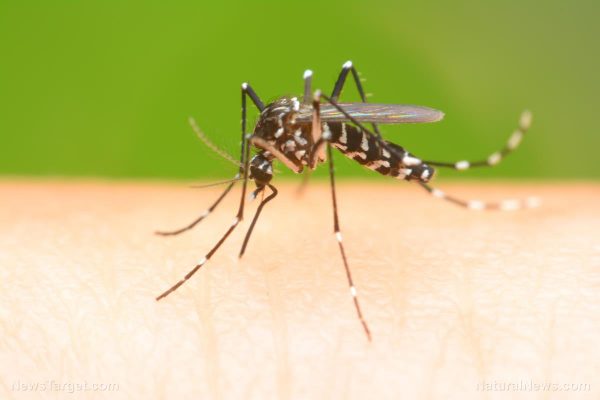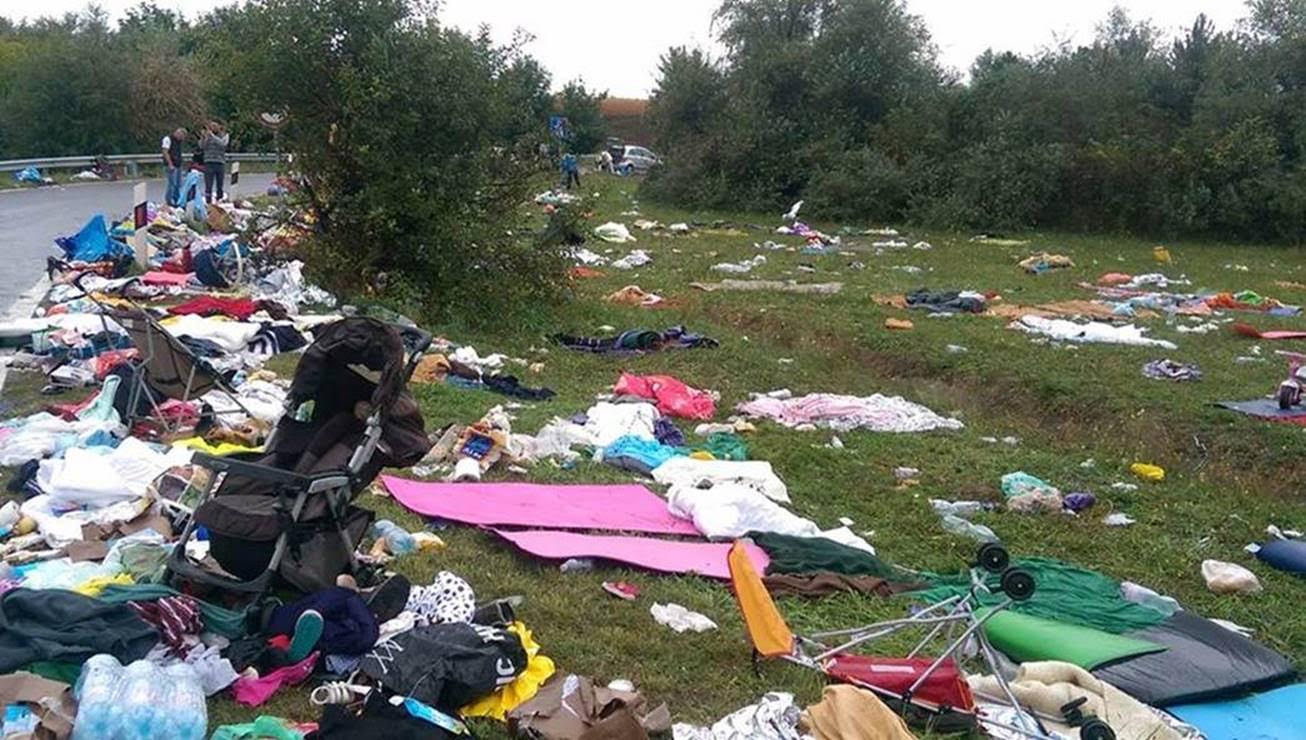As a popular tourist trekking destination, abandoned garbage has become a problem for the world’s highest peak. Discarded cooking and oxygen cylinders, food packets, and tents are just some of the items that continue to litter the face of the mountain. As OurWorld.unu.enu notes, there is still no method of efficiently managing solid waste during climbs. Expedition members who need to empty their bowels did so wherever they could. This means that several decades’ worth of human excrement may still be buried underneath the white snow caps.
“Discarded in ice pits, the human waste remains under the snow,” Ang Tshering Sherpa, chief of the Nepal Mountaineering Association, has said. “When washed down by glaciers (when the snow melts), it comes out in the open.” In previous years, mountaineers have removed close to 16 tons of garbage from Mount Everest.
What is being done now
As climbing season opens for the Himalayas, the Nepalese government and Everest expedition organizers have joined forces to clean up the garbage littered across the different elevations of Mount Everest. A series of destructive avalanches over the years have led to climbers abandoning their sites and their supplies. These are what the sherpas and other climbers will be cleaning up this year, reported TheGuardian.com.
Each volunteer will be given 10 canvas bags capable of holding 80kg (176lbs) of waste. Once the bags have been filled, they will be winched by helicopters and flown down. This way of removing the sacks of garbage is cheaper, safer, and more efficient. “This way we hope to bring down the trash without any extra cost,” Durga Dutta Dhakal, an official for the Nepal tourism department, told Reuters.com.
Recreational climbers are also encouraged to pick up any junk they find along their routes; sherpas will be paid an extra US$2 by veteran climber Russel Brice for every kilogram of trash they bring down with them.
Other problems
Water scarcity and water pollution have also become increasing problems for the Himalayas. The combination of human and animal waste has contaminated freshwater sources. (Related: A Struggle for Water Resources in the Himalayas)
In response to the alarming amount of refuse, the Nepalese government has enforced stricter penalties to require climbers to clean up after themselves. A 2014 ruling stated that any climber who failed to return from an expedition with 8kg (17.6lbs) of trash and human waste would be fined US$4,000, reports BusinessInsider.com.
Even with such efforts being carried out, the question remain: is it enough? In the last year alone, more than 600 people scaled Mount Everest through Nepal and China. Officials estimate the number to grow in the coming season. That’s at least 600 people who have equipped themselves with supplies and gear intended to last them for months. Though there are policies and penalties already in place, enforcing them on all these climbers and subsequent generations will be an exhausting endeavor.
Not even the lower regions of the Himalayas are free from the presence of people. The Everest Base Camp (EBC) hike is a trekking route that continues to bring in tourists demanding more comfortable services. With the construction of mountain lodges comes environmental damage like soil erosion.
The Himalayas may not be fully open to tourists and climbers all year round, but the impact they have on the peaks and base camps can last for years and even decades.
Learn more about the effects our actions have on our environment by visiting Environ.news.
Sources:
TheGuardian.com
DW.com
OurWorld.unu.enu
BusinessInsider.com





















